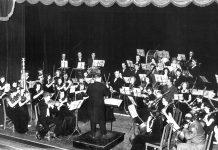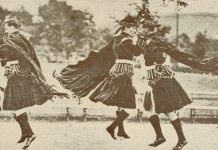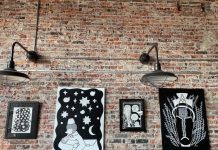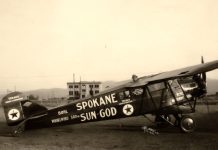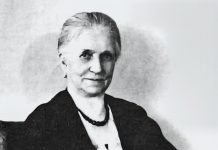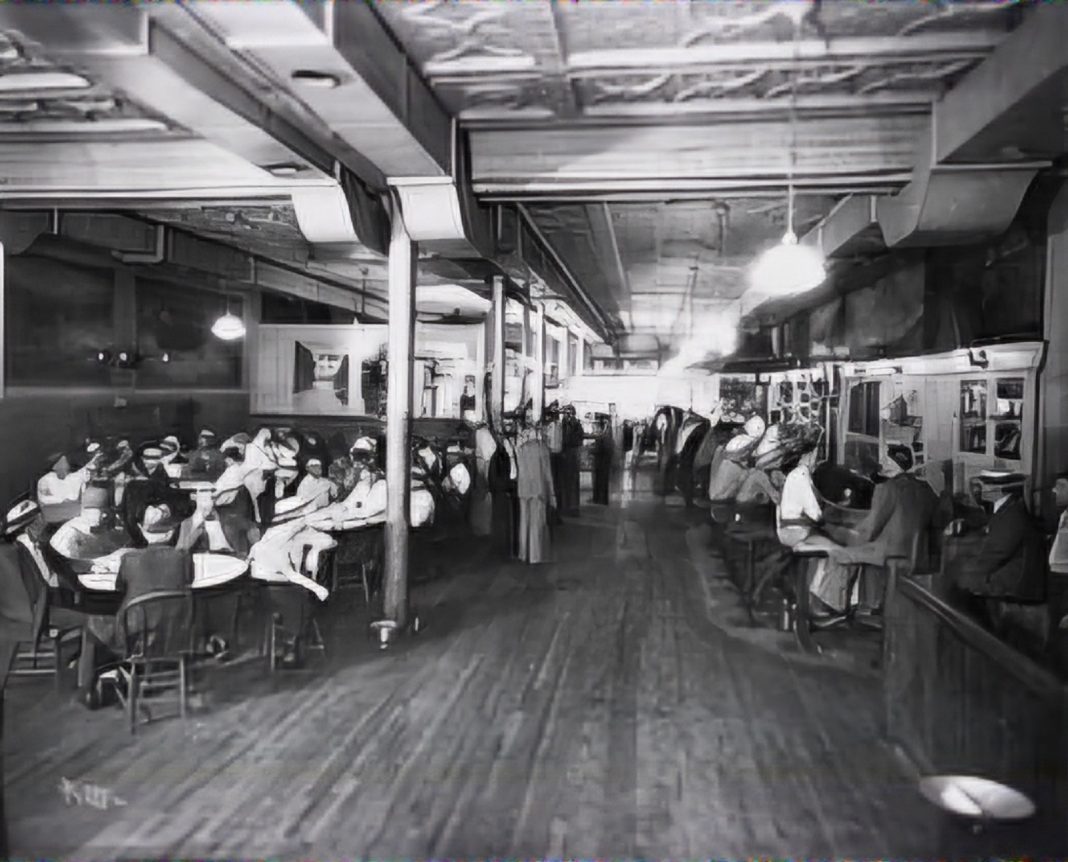In the bustling streets of early 20th-century Spokane, one name echoed through the saloons and speakeasies with a mix of reverence and rebellion: James “Jimmie” Durkin. Known as the liquor tycoon with a flair for the dramatic, Durkin’s rise to prominence was anything but ordinary.
Tales of his outlandish exploits and stunts have traveled far and wide, with stories regaling a man of could charm a crowd with a wink and outsmart the law with a grin. Yet beyond these wild tales, Durkin’s keen business acumen and relentless drive propelled him to become one of Spokane’s most successful businessmen and an early billionaire. To temperance advocates, he was a relentless troublemaker; to the business community, he was a shrewd entrepreneur; and to the citizens of Spokane, he was simply “Spokane’s Main Avenue philosopher.”
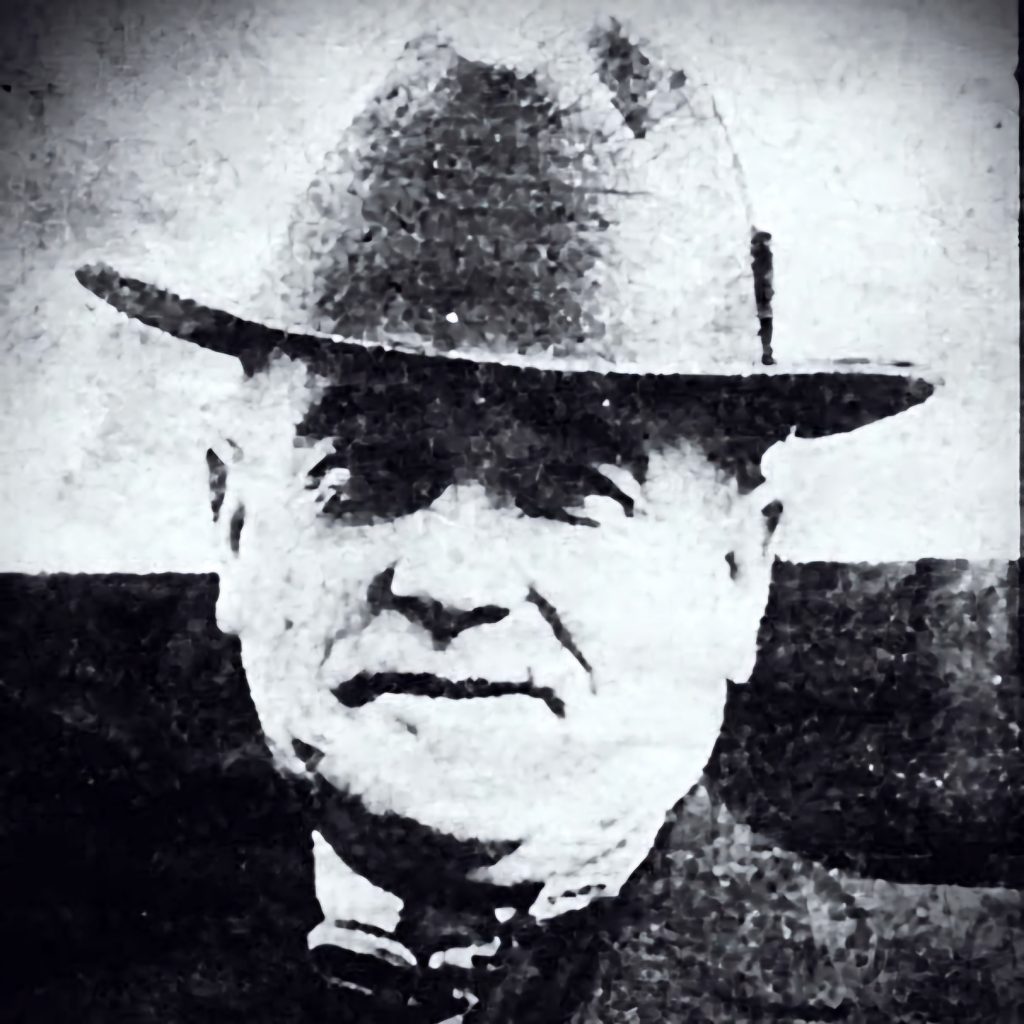
Jimmie Durkin: From Irish Immigrant to Western Entrepreneur
Born James Durkin on September 8, 1859, in Walsall, England, to Irish parents Thomas and Mary (McGuire) Durkin, Jimmie’s life was marked by early adversity. His father, a coal miner, passed away in 1863 when Jimmie was just four, leaving Mary to raise five young children alone. Seeking a better future for her children, she married Patrick Murphy in 1867, and together, the new family immigrated to America in 1868, settling in Decatur, Illinois, and then in Liberty, Missouri.
However, nine-year-old Jimmie had other plans. Not too keen on his newfound home life, the daredevil child ran away. Eventually, he wound up in Brooklyn, New York, where he lived with an uncle. Demonstrating an early entrepreneurial spirit, the young boy supported himself by selling newspapers and, by 1872, had landed a job in a bar, gaining his first taste of the liquor industry.
After some time, Jimmie reunited with his mother and stepfather in Perham, Minnesota, where the family had settled. It was there he met Margaret Daley and the two were married on August 8, 1882. After the birth of his first son in September of 1884, Durkin moved his family to Washington Territory in search of new opportunities, and they made a home for themselves in the town of Colville. The ever-observant Durkin quickly discovered that local bars in the area were overpaying for freight deliveries. With his previous exposure in the business and some quick calculations, Durkin knew without a doubt he could cut these costs by 50 percent.
Recognizing an opportunity in the town’s burgeoning liquor trade, he established his own liquor distribution business, becoming the city’s 10th liquor distributor. By capitalizing on cost-effective shipping methods, Durkin transformed his initial $2,500 investment into a substantial fortune of $65,000 within a few years.
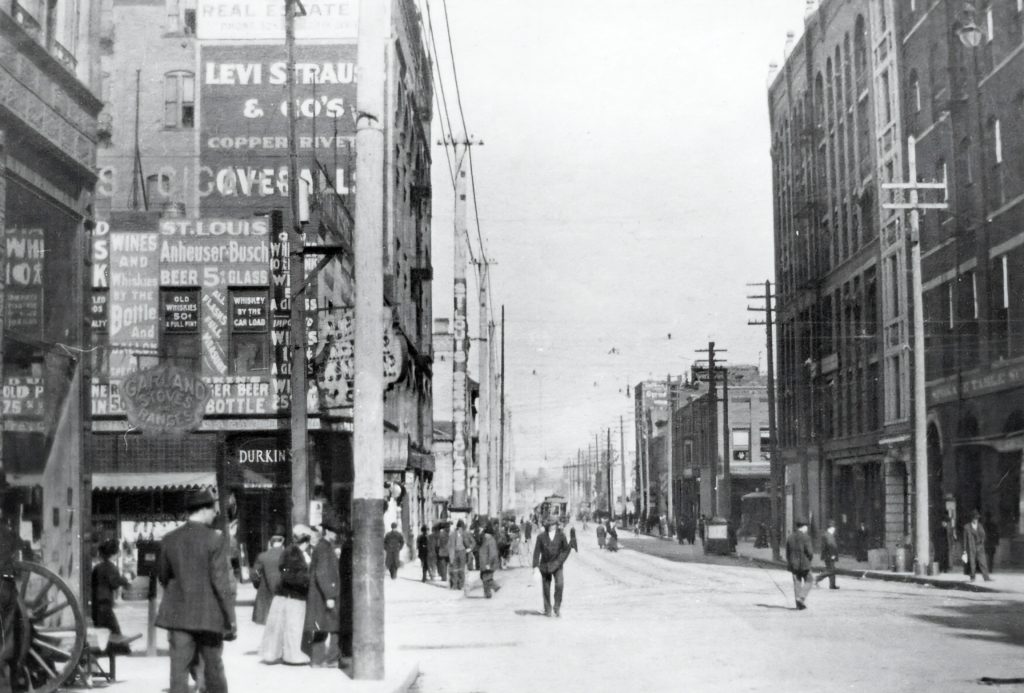
Durkin’s Bar: A Spokane Institution
After establishing a successful liquor business in Colville, the economic Panic of 1893 forced him to seek new opportunities. Spokane, riding the wave of the Coeur d’Alene mining boom, presented a promising market, and the family relocated to the city in the spring of 1897.
Upon his arrival, invested heavily in his new venture. He purchased a prime downtown location at the corner of Sprague and Mill (later Wall) streets for a substantial $21,500. Here, he opened Durkin’s Bar, offering a wide selection of fine liquors, including Scotch, Canadian whiskey, and Kentucky bourbon. His establishment stood out for its competitive prices, respectable atmosphere, and strict employee conduct. Drunks and disorderly behavior were not tolerated, and bartenders were prohibited from drinking on the job. Thus, Durkin’s Bar not only provided more affordable drinks but also cultivated a reputation for being a relatively upscale establishment.
Durkin’s business acumen extended beyond his initial venture. He opened additional bars on Sprague Avenue and Howard Street, solidifying his position as a prominent figure in Spokane’s liquor industry. Known for his larger-than-life personality, Durkin often held court at a desk in his bar, offering philosophical musings and a place for patrons to cash checks. His establishment became a gathering spot for locals, and his business savvy contributed to his reputation as a successful entrepreneur.
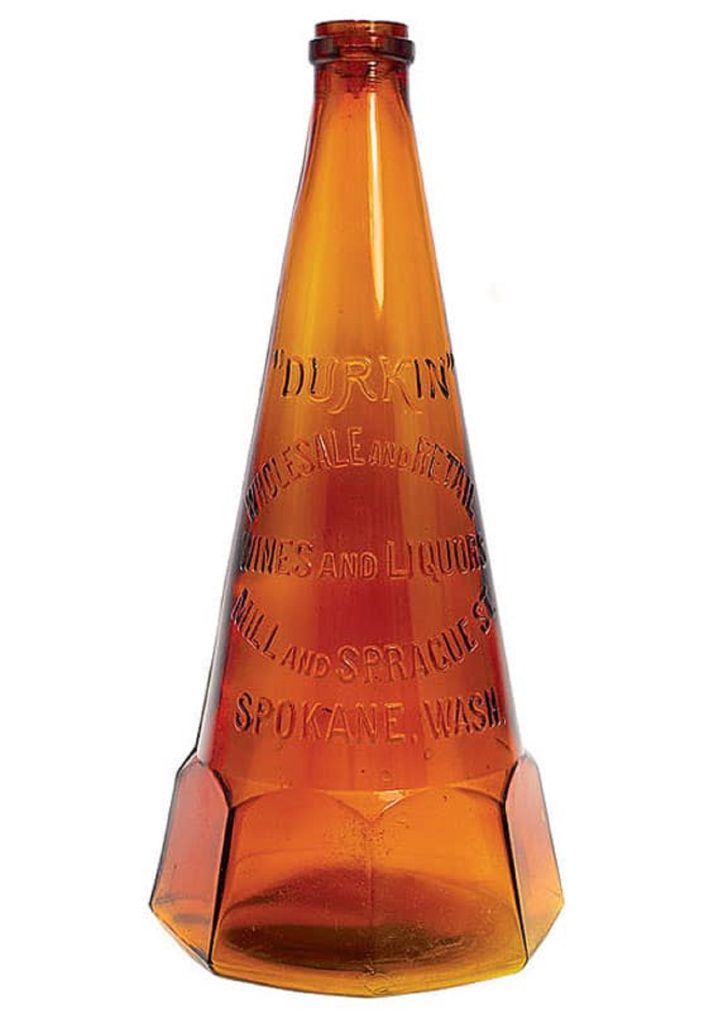
Durkin’s Marketing Magic: A Pioneer of Early Advertising in Spokane
Durkin was a master of self-promotion, and to stand out in Spokane’s crowded liquor market, he employed a barrage of unconventional advertising tactics. One of his most audacious campaigns involved transforming the region’s landscape into a billboard. While riding a stagecoach, Durkin noticed the abundance of boulders and conceived a plan to plaster them with his business name. A local sign painter was hired to imprint “Jimmie Durkin’s Fine Wines and Liquor” on countless rocks, trees, and ledges. This unconventional approach, while irritating some locals, undeniably grabbed attention. A famous local tale recounts a miner bringing a rock into Durkin’s bar, boasting it was the only one without his name on it.
Durkin’s creativity extended beyond outdoor advertising. A notorious prankster and lover of a good bet, he once wagered he could fill his basement with cats through a newspaper ad. To the astonishment of his friend, the ad proved wildly successful, resulting in a feline frenzy.
Durkin’s promotional efforts also included in-store experiences. His three liquor shops offered customers free lunches and the soothing sounds of singing canaries. To further differentiate his products, he commissioned unique stoneware jugs and bottles adorned with his business logo. These distinctive containers became collector’s items over time, a testament to Durkin’s foresight. As he famously quipped, “Durkin’s bottles are good when they are full. That’s more than you can say for the fella that gets full emptying them.”
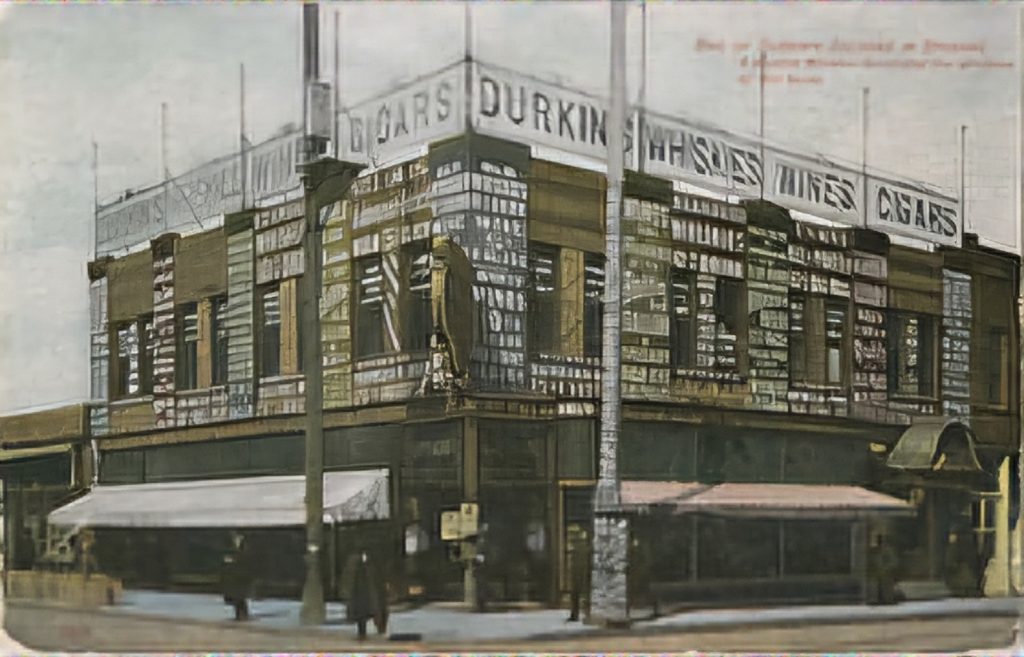
Durkin’s Defiance: Navigating Prohibition and Philanthropy
Despite Durkin’s savvy advertising skills, no bar was safe from the challenges of the early 20th-century liquor industry, which faced a growing temperance movement on the verge of Prohibition. While his audacious marketing campaigns had solidified his place in Spokane, the looming threat of prohibition cast a long shadow over his business.
The advent of Prohibition in Washington in 1916 forced Durkin to adapt. Anticipating the impending regulations, Durkin took proactive steps to mitigate the impact on his business. He ceased ordering new liquor and closed two of his three establishments. His remaining location was sold to a partnership that transformed it into a card room and billiard hall.
In addition, his liquor company launched a massive “slaughter of prices” sale to liquidate its stock, offering deep discounts on everything from Gordon’s gin to Old Crow bourbon. The Spokane Daily Chronicle documented the frenzy as Durkin’s business boomed one last time. On New Year’s Eve, as Prohibition took effect, the paper hailed the colorful entrepreneur as a “philosopher and saloon man” who was retiring with a million dollars.
By then, Durkin had ventured into the non-alcoholic beverage market, establishing Durkin’s Soft Drinks, Inc. This entrepreneurial pivot showcased his adaptability and resilience in the face of adversity. When Prohibition was eventually repealed in 1933, Durkin reestablished his presence in the liquor industry by retaking ownership of the former card room and reopening it as the Durkin and Ulrich Saloon.
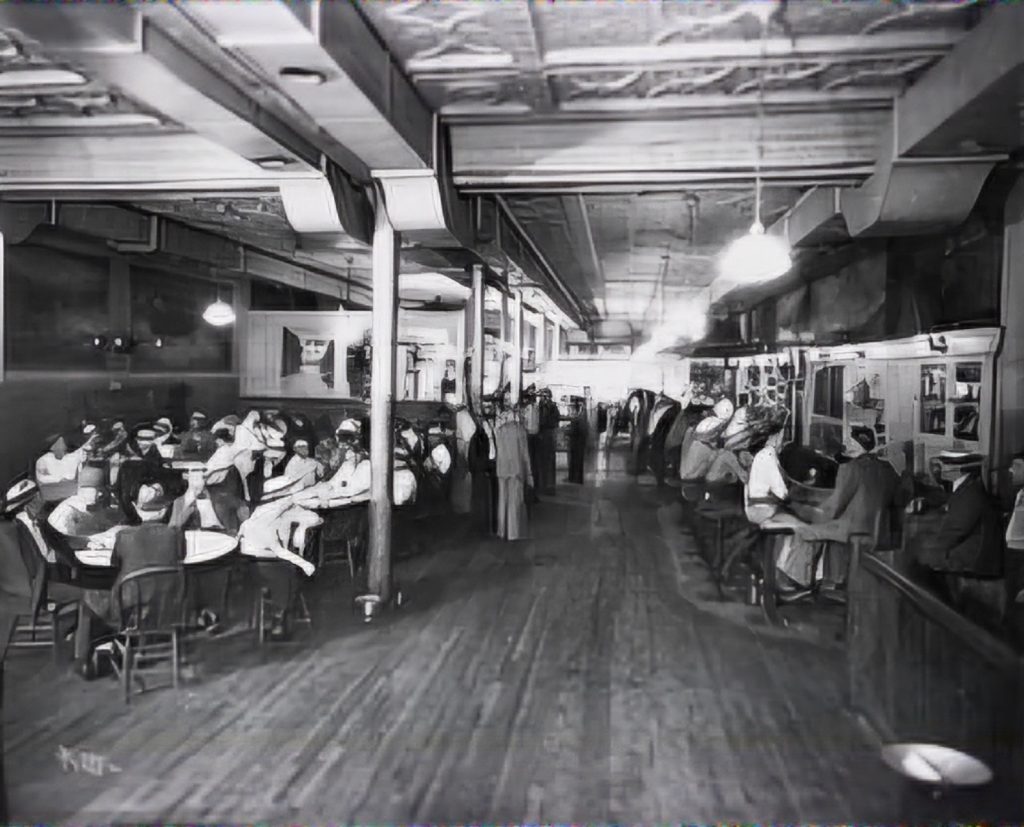
The Life and Legacy of Jimmie Durkin
James “Jimmie” Durkin, a remarkable character in Spokane’s early history, passed away at Sacred Heart Hospital on July 8, 1934, at the age of 75, with his wife and four children by his side. He was laid to rest on July 11 at Greenwood Cemetery.
Durkin’s legacy is one of audacity, resilience, and entrepreneurial spirit. From his humble beginnings as an Irish immigrant to his rise as a liquor tycoon, Durkin’s life was a testament to the power of vision and tenacity. His ability to navigate the turbulent waters of early 20th-century America, marked by economic upheavals and the Prohibition era, showcased his adaptability and shrewd business acumen.
Beyond his business ventures, Durkin was a larger-than-life figure who left an indelible mark on Spokane. His bars were more than drinking establishments; they were vibrant community hubs where ideas flowed freely. A generous philanthropist, Durkin demonstrated his commitment to the region by contributing significantly to the relief efforts after the devastating “Big Burn” of 1910 in Wallace, Idaho. These actions solidified his reputation as a man of the people.
While the original Durkin’s Bar is no longer in operation, its legacy lives on through the enduring name, as evidenced by the modern restaurant “Durkin’s,” located at 415 W. Main Avenue.
Durkin’s impact extended beyond his lifetime, influencing the city’s culture and economy. His story is a reminder of the complexities of the American Dream, where success is often intertwined with controversy and defiance. As Spokane continues to grow and evolve, the legend of Jimmie Durkin remains a vibrant thread in the tapestry of the city’s history, embodying the spirit of a man who dared to dream big and live even bigger.






